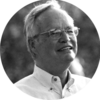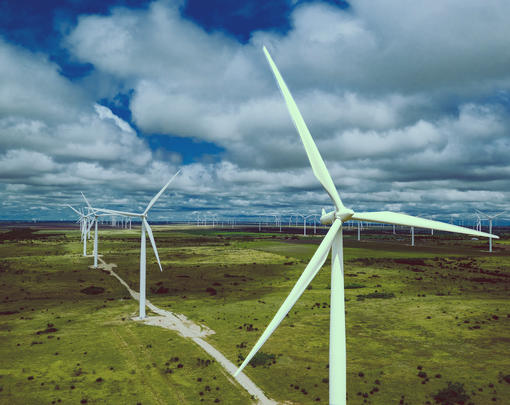Guideposts on the way to a new political economy
The America we must seek for our children and grandchildren is surely not the America we have today. Our country confronts a daunting array of challenges in the maintenance of our people’s wellbeing, in the conduct of our international affairs, in the management of our planet’s natural assets, and in the workings of our politics. Taken together, these challenges place in grave peril much that we hold dear.
If we are going to change things for the better, we must first understand the forces that brought us to this sea of troubles. When big problems emerge across the entire spectrum of national life, it cannot be due to small reasons. We have encompassing problems because of fundamental flaws in our economic and political system. By understanding these flaws, we can end them and move forward to a new system.
I think America got off course for two primary reasons. In recent decades we failed to build consistently on the foundations laid by the New Deal, by Franklin Roosevelt’s Four Freedoms and his Second Bill of Rights, and by the Universal Declaration of Human Rights which Eleanor Roosevelt championed so vigorously. Instead, we unleashed a virulent, fast-growing strain of corporate-consumerist capitalism. “Ours is the Ruthless Economy,” say Paul Samuelson and William Nordhaus in their influential textbook, Macroeconomics. And indeed it is. In its ruthlessness at home and abroad, it creates a world of wounds. As it strengthens and grows, those wounds deepen and multiply, with especially severe impacts on America’s black and other minority communities.
Such an economy begs for restraint and guidance in the public interest—control that must be provided mostly by government. Yet, at this point, the captains of our economic life and those who have benefitted disproportionately from it have largely taken over our political life. Corporations, long identified as our principal economic actors, are now also our principal political actors. Among other things, America’s business community has promoted the decline of organized labor, a force that once offered important counter- weight to corporate power. The result is a combined economic and political system—the operating system upon which our society runs—of great power and voraciousness, pursuing its own economic interests without serious concern for the values of fairness, justice, or sustainability that democratic government might have provided.
Read and Download:




